In the midst of the year-old Civil War, as Federal troops took control of New Orleans and Confederate General Stonewall Jackson racked up victories in Virginia, President Lincoln signed the Homestead Act into law.


It was a remarkable juxtaposition.
Here was the federal government, expending blood and treasure to correct national sins of the past, while simultaneously providing millions of its people with a gateway to the future.
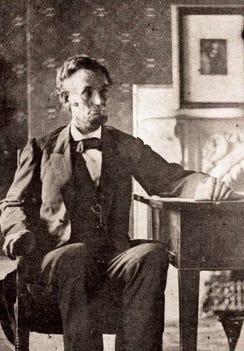

As Lincoln said, “[T]he wild lands of the country should be distributed so that every man should have the means and opportunity of benefiting his condition.’

The Act said those who were at least 21 years old or who were the heads of a household could receive legal title to 160 acres of federal land for free.
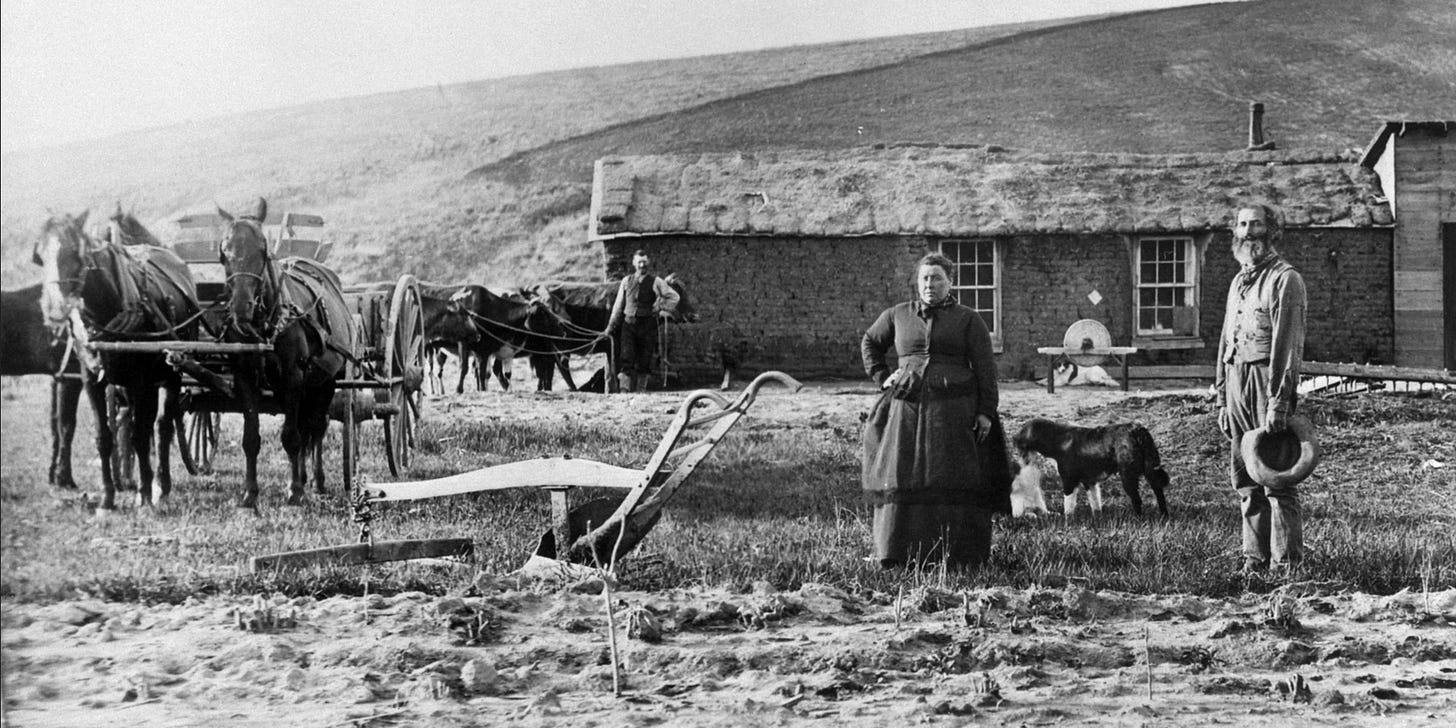
The condition: they needed to live on it and grow crops or raise livestock there for five years.
The government wanted settlers, not speculators.

Single or widowed women, as the heads of their households, were eligible for the program, too.

The Act coincided with the rapid expansion of the nation’s railroads.
Travel time to frontier destinations took days, not months.

No more covered wagons.
So, relocating entire families got easier.


And with the railroad came telegraph lines and cross-country communication.
No more Pony Express.

Once homesteaders arrived, they could order the goods and supplies they needed from the new mail-order catalog retailers who would ship it by rail.
And they could let their people back home know they were okay.

During the next fifty years, millions became landowners in the nation’s interior.
And as these families prospered, the nation got stronger.
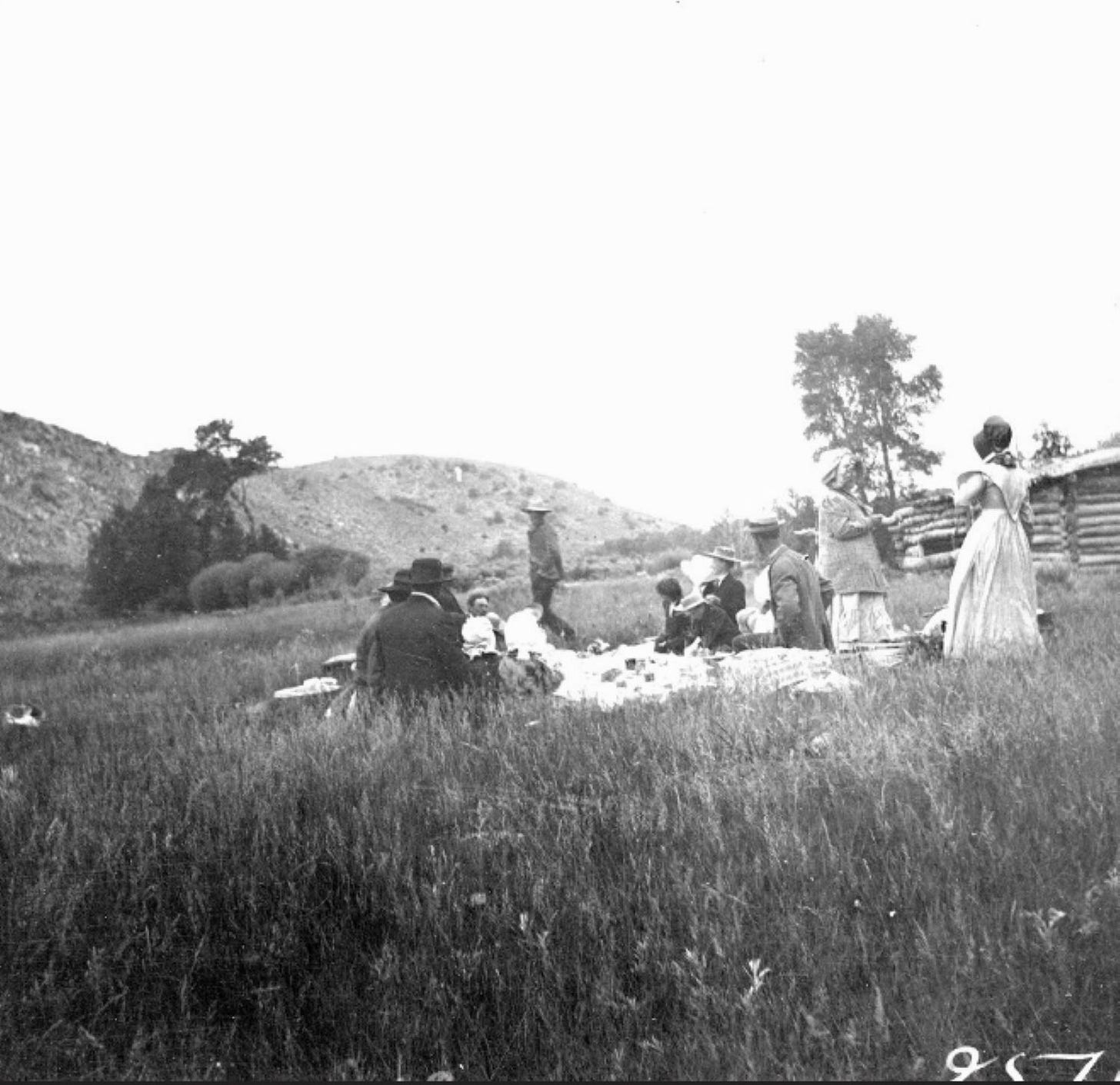
Why does a good government give its people a chance at success?
Because that’s the way — the only way — to make a nation great.








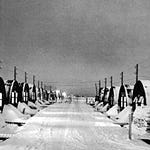

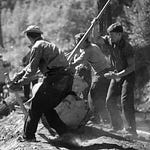




Share this post